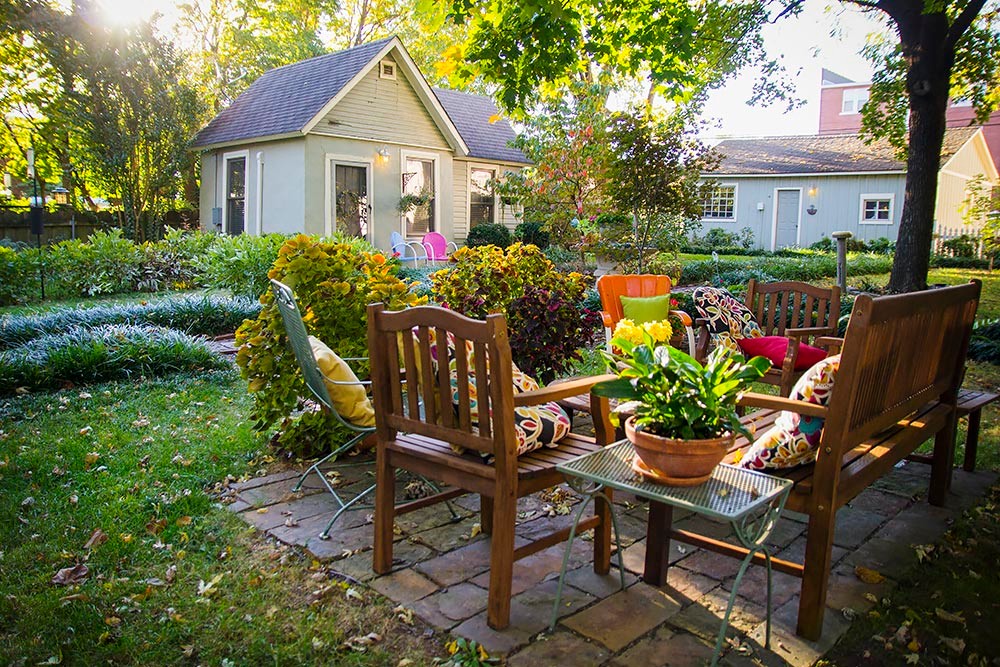YOUR BUSINESS AUTHORITY
Springfield, MO
YOUR BUSINESS AUTHORITY
Springfield, MO

Last edited 1:08 p.m., Nov. 21, 2018
Springfield City Council last night tabled one short-term rental ordinance and sent another to the Planning & Zoning Commission.
Councilman Richard Ollis made a motion to table until Jan. 14 the council bill that would have amended the city code to permit short term-rental business in Springfield. A substitute bill was added in its place.
“Obviously, the short-term rental issue has been a challenging issue,” Ollis said. “It’s an emerging industry, and it impacts a lot of stakeholders.”
Council resumed the conversation about short-term rentals on Nov. 5 after last discussing the topic in May.
The original bill classified short-term rentals in three categories, Type 1, Type 2 and Type 3, with each having a set of guidelines for operation.
The substitute bill passed 8-1 in its first reading with Councilman Craig Hosmer casting the lone dissenting vote. With the passage, the bill was remanded to P&Z for review per city charter. The substitute is scheduled to go before P&Z on Dec. 6.
The substitute bill changes the separation requirement for Type 2 short-term rentals from a distance of 500 feet to a density of one short-term rental per every eight residential structures on both sides of the street per block in single-family and town-house districts. Type 2 rentals are those that aren’t primary residences of the owners.
Type 2 short-term rental owners who file within the first 30 days of the passage of the ordinance would not be subject to the density limitation under the substitute bill.
However, Hosmer said the grace period is “poor public policy.”
The substitute bill also changes the consent provision, where short-term rental owners get approval from land owners, to only adjacent neighbors, and it modifies Type 1 properties to allow for over 95 days of rental use if customers rent a historic carriage house or legal accessory apartment while the owner is on the premise. The original bill capped Type 1 rental stays — those that are primarily owner-occupied — at 95 days.
An applicant for short-term rental properties can move forward via council vote if they are unable to obtain the required signatures, according to city documents.
Ollis said city officials looked at other communities, specifically San Antonio and Kansas City, when the substitute bill was crafted.
“I don’t think there is an ordinance that is perfect in this particular situation, but I think it strikes the right balance with an emerging industry,” he said of the substitute bill.
Advertising or promoting a noncompliant short-term rental using a third-party service, like Airbnb or Vacation Rental By Owner, would be a violation of the ordinance, Ollis said.
If the substitute bill is approved Jan. 14, when council is scheduled to hear it, the original bill would no longer be considered.
Cedars Family Restaurant has cooked up comfort for over three decades.
Aquatic center fronting Sports Town in the works
STL construction firm buys KC company
Spring 2024 Construction in the Ozarks
SPD issues 36 citations to businesses for violating city’s gaming machine ban
Lost & Found Grief Center hires executive director
Nixa spokesperson takes job with city of Joplin
Missouri House speaker accused of obstruction in ethics probe